Beethoven’s Kreutzer Sonata is one of the most famous pieces of violin music ever written – and yet it was named for a violinist who never even played it! Had Beethoven not entered into a feud with George Bridgetower, the violinist friend who actually premiered it, we’d remember it as the Bridgetower Sonata today…and maybe we’d remember more about the life of this extraordinary artist, too.
Ludwig van Beethoven: Kreutzer Sonata No.9 (Patricia Kopatchinskaja & Fazıl Say)
Here are thirteen facts that we do know about the life and career of George Bridgetower, the mixed-race violinist who broke barriers:
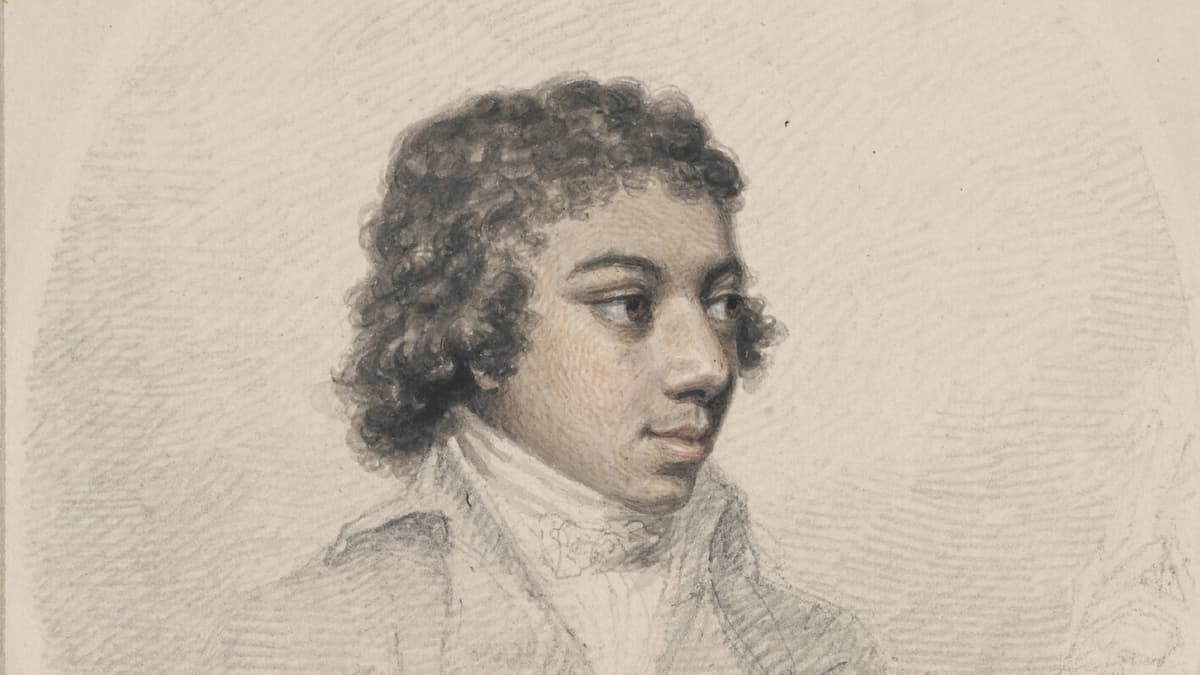
George Bridgetower by Henry Edridge, 1790
1. We don’t know exactly when George Bridgetower was born. Some sources indicate 1780 while others suggest 11 October 1778. In any case, he was born in Poland to a white Polish woman and a man who historians believe was from the West Indies, who worked in the household of Prince Esterházy, Haydn’s employer. George’s father claimed he was an African prince.
2. George was an extremely musically talented child, and before long, he was giving violin concerts in Britain and France. His father was a stage parent, dressing up his son in exotic costumes outside concert venues to garner attention. At the age of ten, he appeared at the prestigious Concert Spirituel concert series in Paris.
3. In 1791, the future King George IV, the British monarch who would take to the throne in 1820, became interested in his musical studies and oversaw them. Bridgetower, therefore, continued his studies and concertizing in Britain, setting down roots there. There are indications that his father may have been abusive and that Bridgetower went to his royal patron seeking protection.
4. In 1795, he became the first violinist in George IV’s father’s private orchestra, a position he’d hold for the next fourteen years.
5. In 1802, he went to visit his mother and brother in Dresden. (His parents, it seemed, had separated at some point, or at least were living apart.) Then the following year he made his way to Vienna, where, thanks to an introduction by the musical Prince Lichnowsky, he crossed paths with Ludwig van Beethoven himself.
6. At the time, Beethoven was in the middle of writing his penultimate violin sonata, his ninth. Beethoven was immediately inspired by Bridgetower, and when he was finished writing, he gave his new work a striking subtitle: “Mixed-race sonata composed for the mixed-race Bridgetower, madman and mixed-race composer.”
7. Bridgetower didn’t even have time to study the work…or even play it through once! It was premiered at a morning concert on 24 May 1803, with Beethoven on piano and Bridgetower on violin. Bridgetower had had so little time to rehearse that he had to sight-read his part over Beethoven’s shoulder.
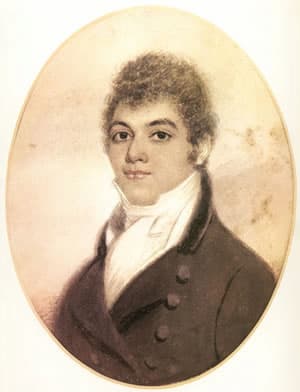
George Bridgetower, unsigned watercolour, 1800.
8. Apparently during the performance, Bridgetower made an alteration to his part, inserting an echo of the piano part into the violin part. Instead of being upset, Beethoven was delighted, saying, “Once more, my dear fellow!” after the performance. He even gave Bridgetower his tuning fork to commemorate the occasion.
9. Unfortunately their incipient friendship came to a dramatic end when Bridgetower insulted one of Beethoven’s female friends. Beethoven ceased contact with Bridgetower and even rededicated his ninth sonata to violinist Rudolphe Kreutzer. Awkwardly, Kreutzer didn’t really want to be associated with it, and never even played it, claiming it was too difficult to play.
10. Eventually Bridgetower’s sojourn in Vienna came to an end and he returned to London, where he was elected to the Royal Society of Musicians in 1807. The Royal Society of Musicians remains the oldest music-related charity in Britain, having been founded back in the time of George Frederic Handel, and helped provide a social safety net for professional musicians.
11. In June 1811 Bridgetower received a music degree from Cambridge.
12. Apparently Bridgetower didn’t hold Beethoven’s outburst against him, because he performed a Beethoven string quintet in London in 1813.
13. We don’t know when exactly Bridgetower died! Rumors place his death in 1850, but his death certificate is dated from February 1860. He lived a life full of musical accomplishment, but classical music best remembers him today for bringing the beloved Kreutzer sonata to life.
For more of the best in classical music, sign up for our E-Newsletter

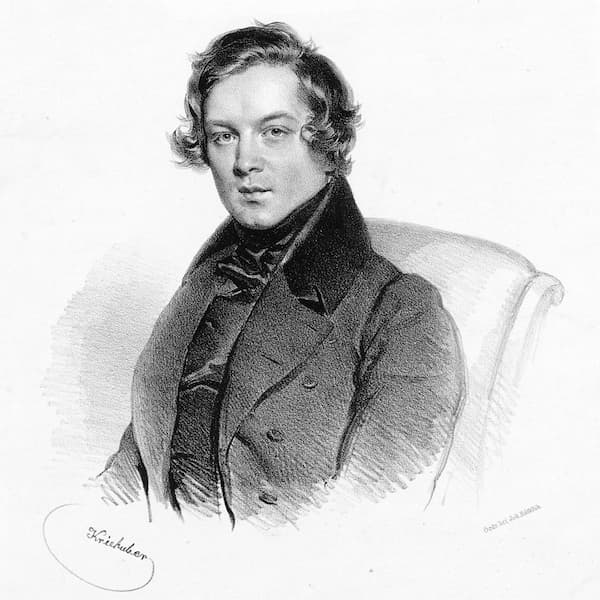
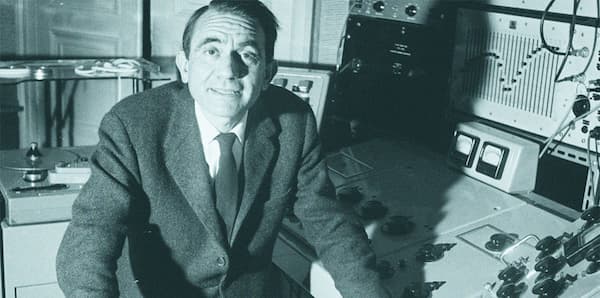
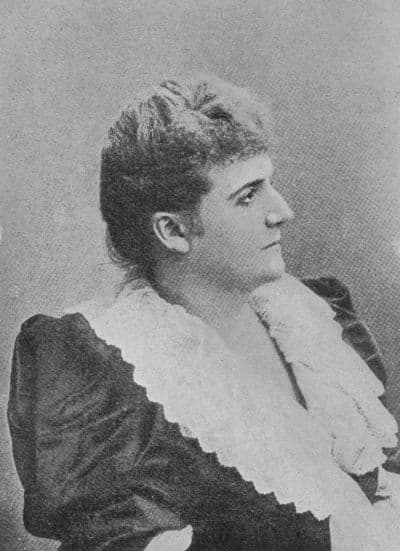
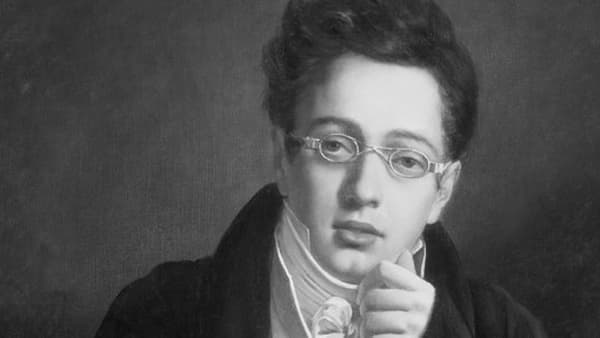
I do like this story of Bridgetower’s life and career much more than the story I read years ago- where Bridgetower died broken and penniless. Hope this story is correct. Kreutzer is one of my favorites- very, very passionate.